With smartphones, translation apps and well-thumbed travel guides clasped firmly in our hands, it would seem there’s little to be nervous about when arriving in a foreign city. And yet, there is always a flutter of healthy apprehension when arriving somewhere new. Having moved from London to Berlin to Yangon and survived, Bertie Alexander offers tips on how to turn nerves into verve…
They say you can live in Paris almost your entire life and not be a Parisian, and yet live one day in NYC and you’re a New Yorker. I would say that in almost every case, it’s going to be more like the latter than the former – even if you are moving to Paris.
The truth is, cities are not countries. Apart from exceptional cases, their borders are porous and they thrive in flux; it’s people (like you!) that bring about that fluctuation. The best cities in the world are those that have welcomed outsiders into their bowers to seek fun and fortune. So open yourself up to the city, give back as much as you receive, and with a bit of luck, you’ll not only survive, but actually thrive.
When In Rome
In his book Burmese Days, George Orwell wrote: “most people can be at ease in a foreign country only when they are disparaging the inhabitants.” This is no way to visit a foreign country and certainly no way to live in one. The more you clam up and mentally recoil from a new place, the more that place is likely to recoil from you.
Instead, embrace it. Follow the locals to their favorite haunts; in Berlin, don’t go to Burger King when you can eat Currywurst; in Yangon, don’t buy Johnnie Walker when you can sample rice whiskey. Watch the locals closely and see how they deal with the things you may find tricky, whether it be tipping, queueing or eating oily rice with chopsticks.
Walk, Walk, Walk
One of the best ways to learn a city is to navigate through it yourself with two feet on the street, taking mental notes along the way. Each corner and junction will suddenly have a new significance, and hidden gems – like vibrant parks, tiny book shops and cosy cafés – will reveal themselves.
Of course, sometimes walking is easier said than done, particularly in cities where sidewalks are less for pedestrians and more for piles of rubbish, and you should never walk if you don’t feel safe and comfortable – and always, always be aware of your surroundings. Generally though, if you see plenty of local old ladies out and about, you’re in a good neighbourhood and you should take the opportunity for self-propelled exploration.
Go Off The Beaten Track
Familiar as they may feel, don’t stick to the expat watering holes and tourists traps, which defeat the purpose of travelling altogether. Instead, turn left when you’re supposed to turn right; get lost, don’t panic, and see where you end up.
Each corner and junction will suddenly have a new significance, and hidden gems – like vibrant parks, tiny book shops and cosy cafés – will reveal themselves.
The Eiffel Tower, the Colosseum, the Statue of Liberty – they’re beautiful, impressive and important, but they’re not going to be the setting for your most precious memories. Keep talking to those who know the place, find out the locals’ secret haunts. It’s in the less-frequented quarters of town where you’ll find the breathing space to form an attachment with the city.
Learn The Language
Always learn at least a few useful phrases in the local tongue. Always. Not only is this common courtesy, but it will also allow for a richer engagement with the city and its inhabitants. You won’t always receive the response you want: When I tried to speak German in Berlin, I would just be answered in English. When I try and speak Burmese in Yangon, the response is excessive giggling. Sure, it’s always easier to speak English, but persevere, and you will reap the rewards.
Get A Sense Of Place
Familiarise yourself with your destination’s history, which will grant you a sense of the city in time and your place within it. You can never really know the city as it is now before you understand its past. Moreover, explore the place through the eyes of your predecessors: read the literature that has been written on it, watch the films that have been set there, listen to the music and consider the art that the city has inspired. It sounds like a lot of effort for a fun urban jaunt, but what is travel if not an opportunity to connect with a place and with humanity as a whole?
Article by Bertie Alexander

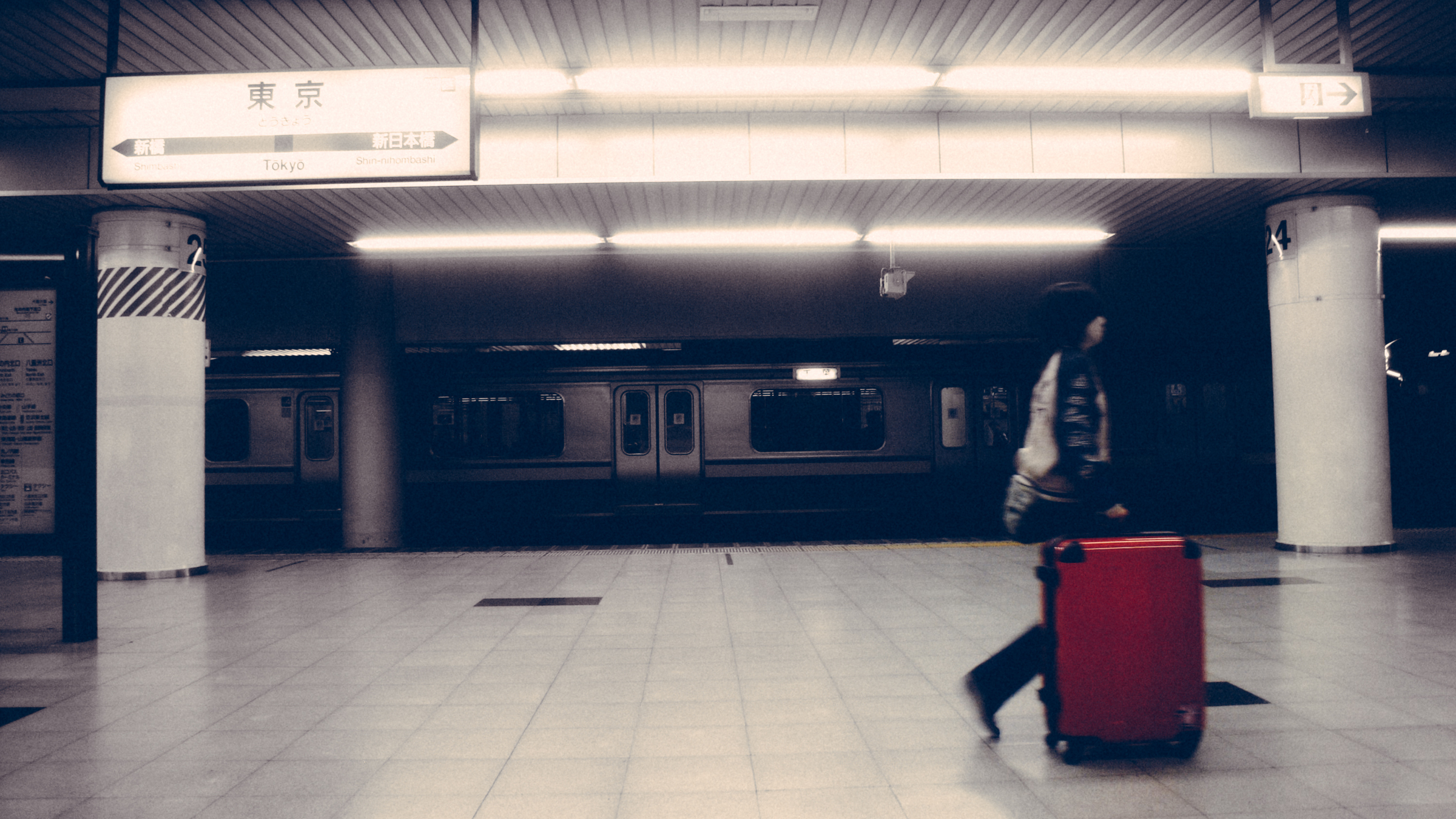





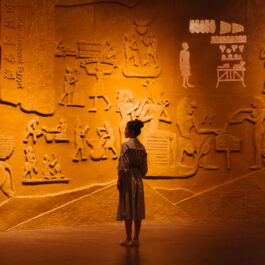

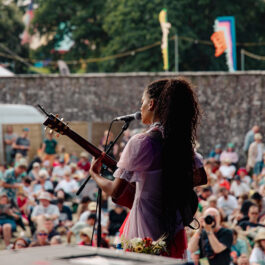


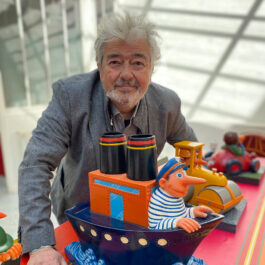
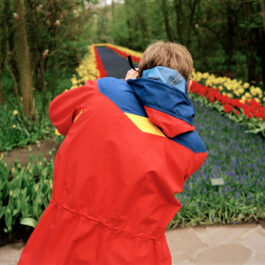
Sorry, the comment form is closed at this time.